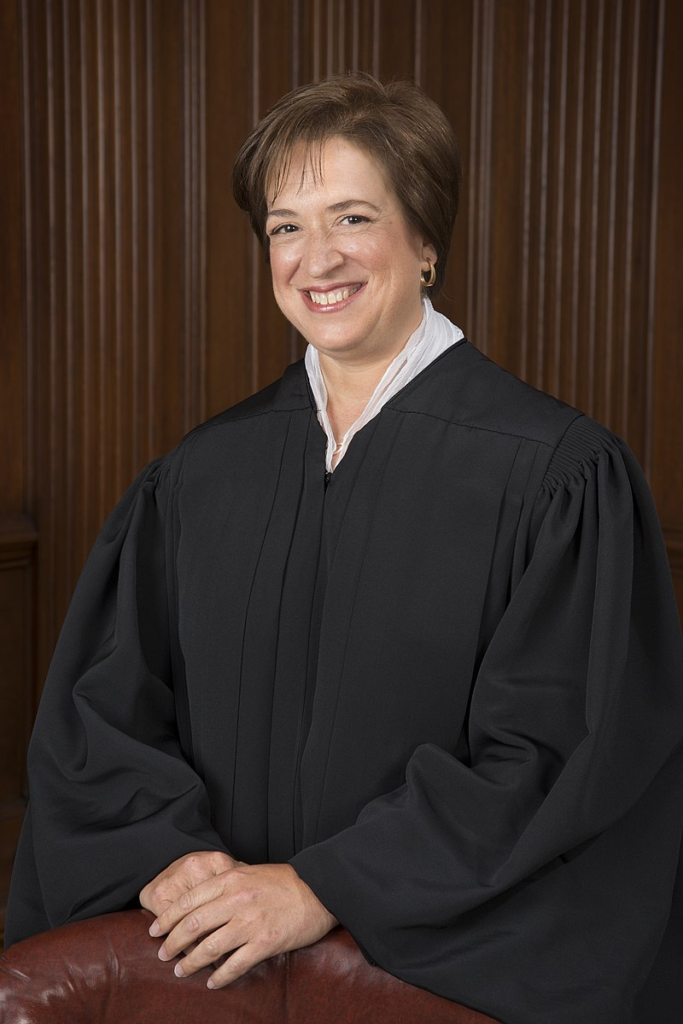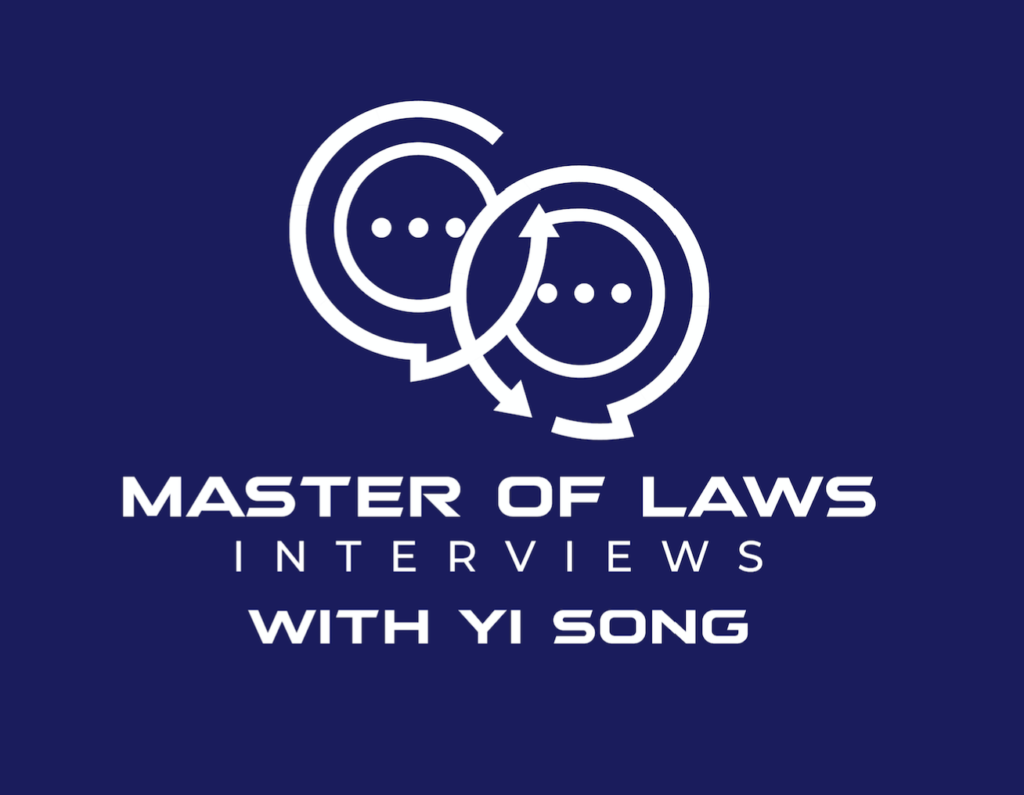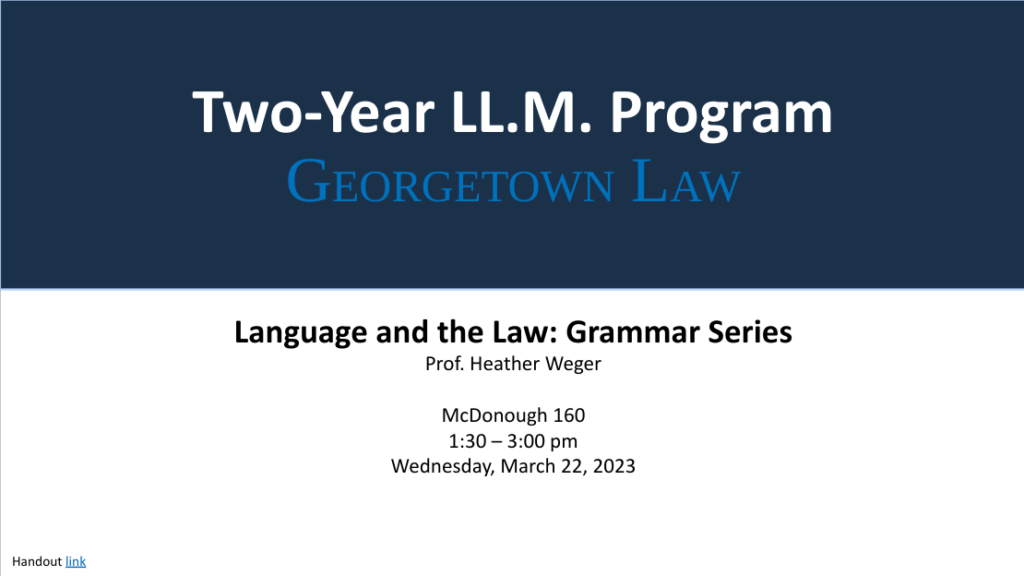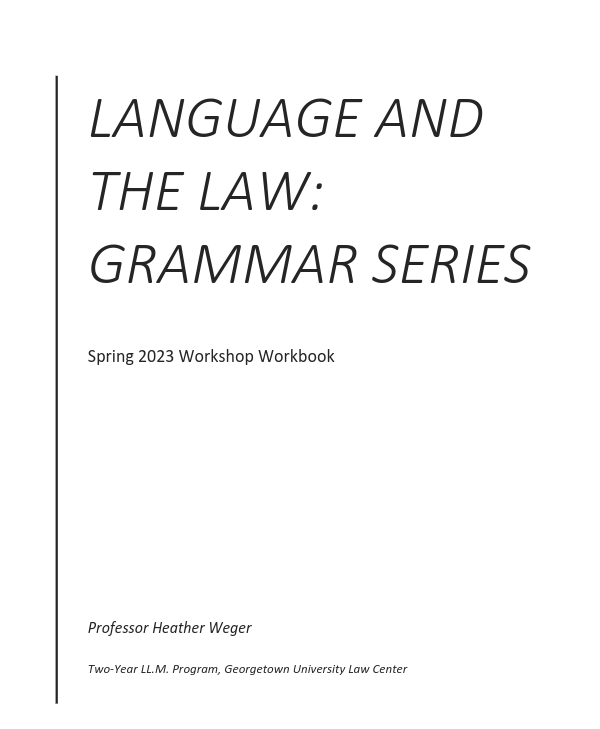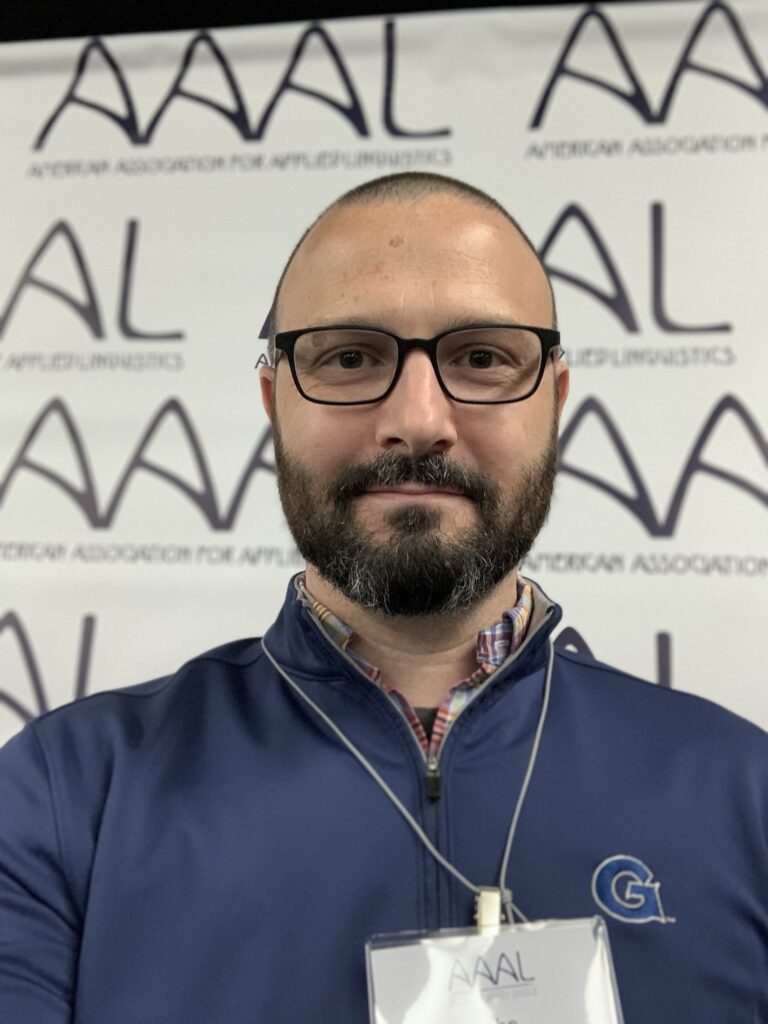Posted by Yi Song
It’s also important to know how to market yourself to potential employers without selling yourself short.
Yara Karam
Yara Karam and Amal Clooney have at least two things in common. They are both Lebanese. They are both international lawyers with a LL.M. degree. Yara is fluent in Arabic, French and English. How did a Rice Krispie recipe on LinkedIn lead to her externship at Hogan Lovells, where she was tasked to do cool things such as going to congressional hearings and joining a call with the Secretary of State of the United State? How did she leverage her language skills and work experience through existing connections on LinkedIn? What’s her advice on how to become a valuable addition at your first job?
Subscribe to the LinkedIn weekly newsletter to receive FREE insider tips from Yara. Read Yara’s story here.
Yi Song, the Executive Director for Graduate and International Programs and Adjunct Professor at Georgetown Law, is the founder of the Master of Laws Interviews Project. The project provides curated insights to help internationally trained lawyers to establish and develop their U.S. legal careers.

